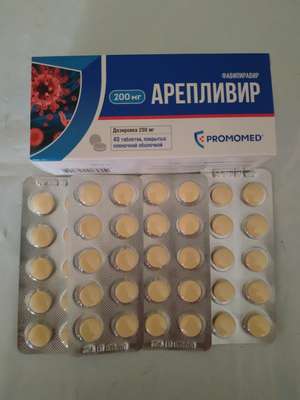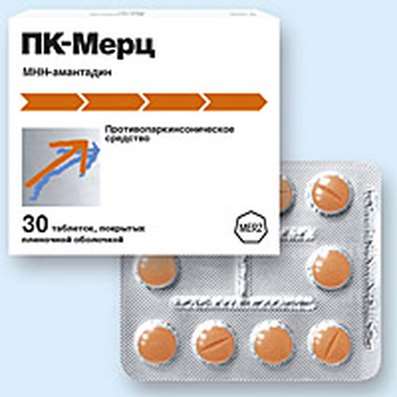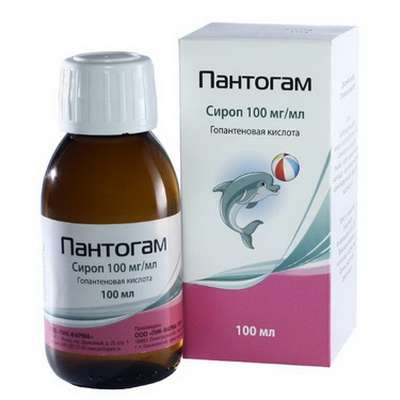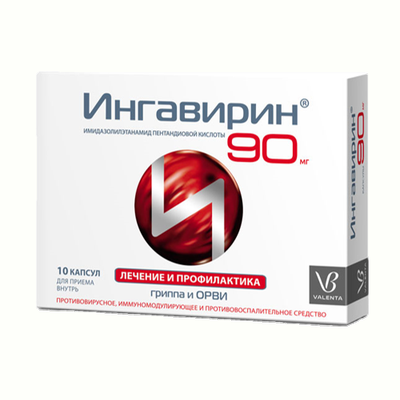Instruction for use: Loperamide-Akri
I want this, give me price
Active substance Loperamide
ATX code A07DA03 Loperamide
Pharmacological group
Antidiarrheal drugs
Nosological classification (ICD-10)
A04.9 Bacterial intestinal infection, unspecified
Bacterial intestinal infections, GI tract infections, Infections of intestinal bacterial, Digestive tract infections, Infectious-inflammatory diseases of the digestive tract, Infectious Disease of the GI tract, Infection of the intestine, Intestinal infection, Acute infectious disease of the digestive tract, Acute intestinal disease with colon lesions, Acute intestinal infection
K59.1 Functional diarrhea
Diarrheal syndrome, Diarrhea, Diarrhea with prolonged enteral feeding through the probem, Prolonged diarrheam Nonspecific diarrhea, Acute diarrhea, Diarrhea, Syndrome of diarrhea, Functional diarrhea, Chronic diarrhea, Diarrhea with an electrolyte balance disorder, Chronic diarrhea, Diarrhea of non-infectious genesis, Diarrhea after a gastroectomy, Diarrhea in children, Persistent diarrhea, Diarrhea (diarrhea), Enterocolitis of non-infectious origin
Composition and release form
Capsules 1 caps.
loperamide 2 mg
in a blister strip package 10 pcs .; in a pack of cardboard 1 or 2 packs.
pharmachologic effect
Pharmacological action - antidiarrheal.
Interacts with opiate receptors of the intestinal wall and inhibits the release of acetylcholine and PG.
Pharmacodynamics
It lowers the motility and tone of the intestinal smooth muscle, spasms the anal sphincter, inhibits the secretion of fluid and electrolytes and / or stimulates the absorption of salts and water from the intestine. The action comes quickly and lasts 4-6 hours.
Pharmacokinetics
Absorbed from the gastrointestinal tract less than half (40%) of the administered dose. Cmax - after 5 h. Binds to plasma proteins by 97%. Does not penetrate the BBB. Almost completely metabolized in the liver by conjugation. T1 / 2 - 9-14 hours. Excreted in the feces and kidneys.
Indications
Diarrhea of various origins (acute and chronic), regulation of stool in patients with ileostomy.
Contraindications
Hypersensitivity, intestinal obstruction, acute ulcerative or pseudomembranous colitis, I trimester of pregnancy, child age (up to 5 years).
pregnancy and lactation
Contraindicated in the first trimester of pregnancy. At the time of treatment should stop breastfeeding.
Side effects
Dizziness, drowsiness, fatigue, constipation, nausea, intestinal obstruction, toxic megacolon.
Interaction
Opioid analgesics increase the risk of developing severe constipation.
Dosage and administration
Inside Acute diarrhea. Adults: the initial dose is 4 mg, then 2 mg after each bowel movement with liquid stools. Children older than 5 years: the initial dose is 2 mg, then 2 mg after each bowel movement act with a liquid stool.
Chronic diarrhea. Adults: the initial dose is 4 mg, then 2 mg 1–6 times a day. Children over 5 years: 2 mg 1–5 times a day.
Overdose
A specific antidote is naloxone.
Precautionary measures
With caution prescribed for dehydration, infectious diarrhea, abnormal liver function, in the elderly (risk of loss of fluid and electrolytes).
special instructions
In the absence of the effect of the drug for 2 days, it is necessary to clarify the diagnosis and exclude infectious genesis of diarrhea.
Storage conditions
In a dry, dark place at a temperature of no higher than 25 ° C.
Keep out of the reach of children.
Shelf life
4 years.
Do not use after the expiration date printed on the package.

 Cart
Cart





